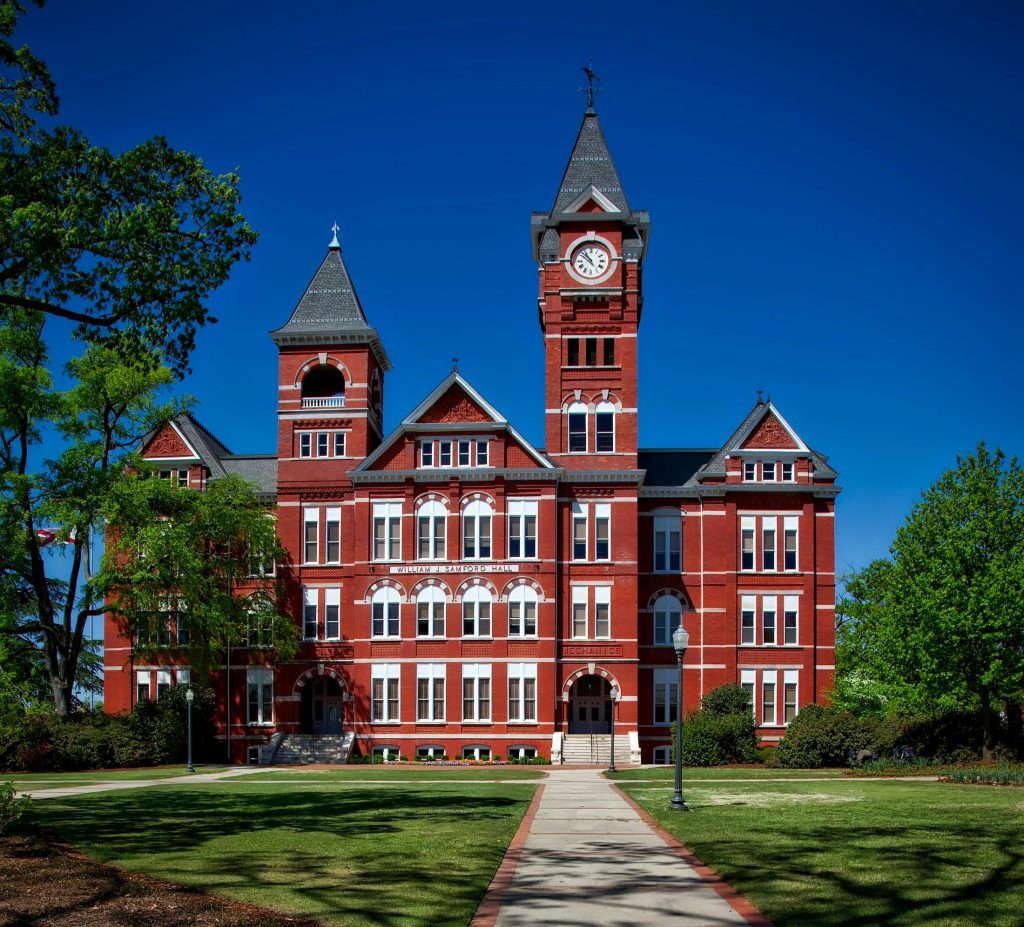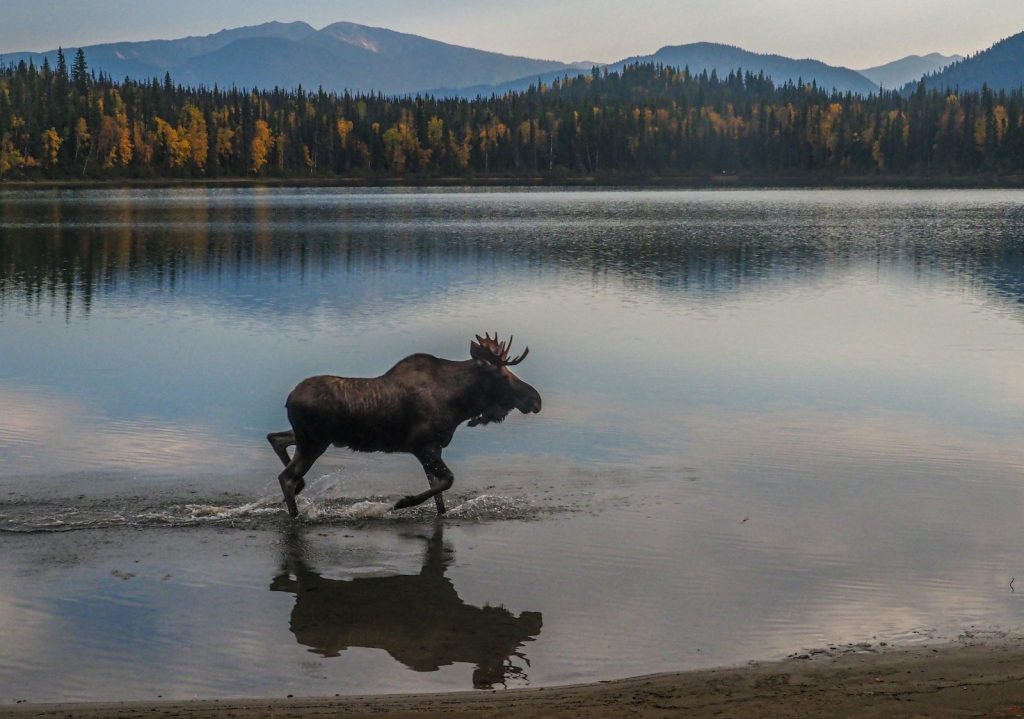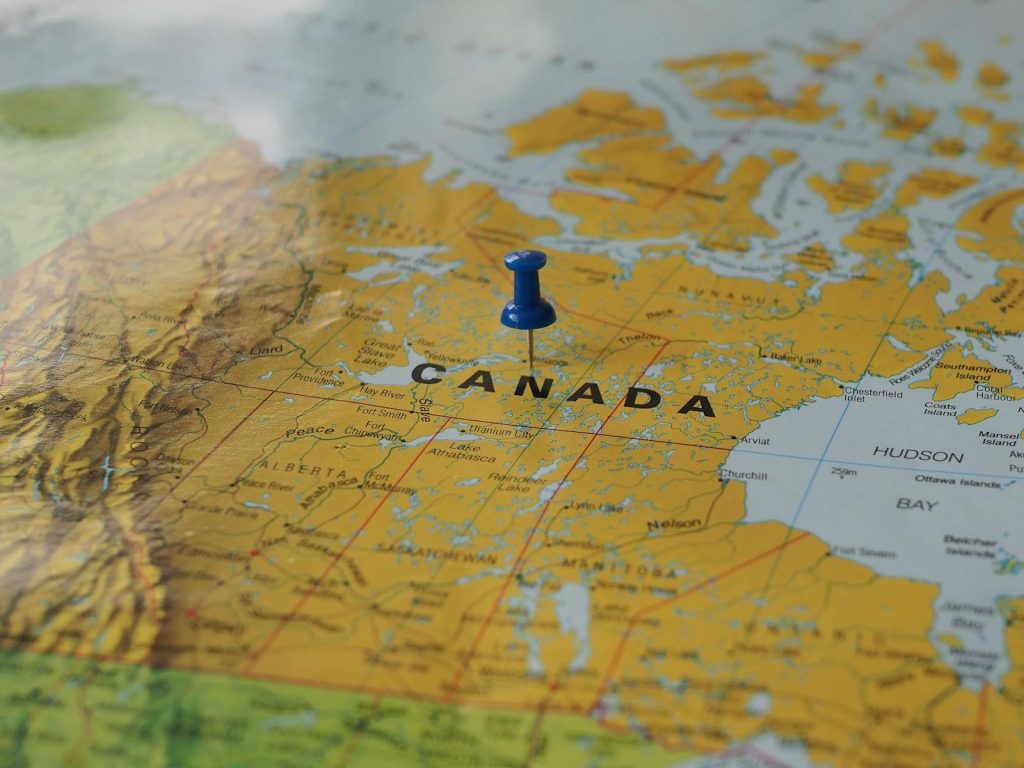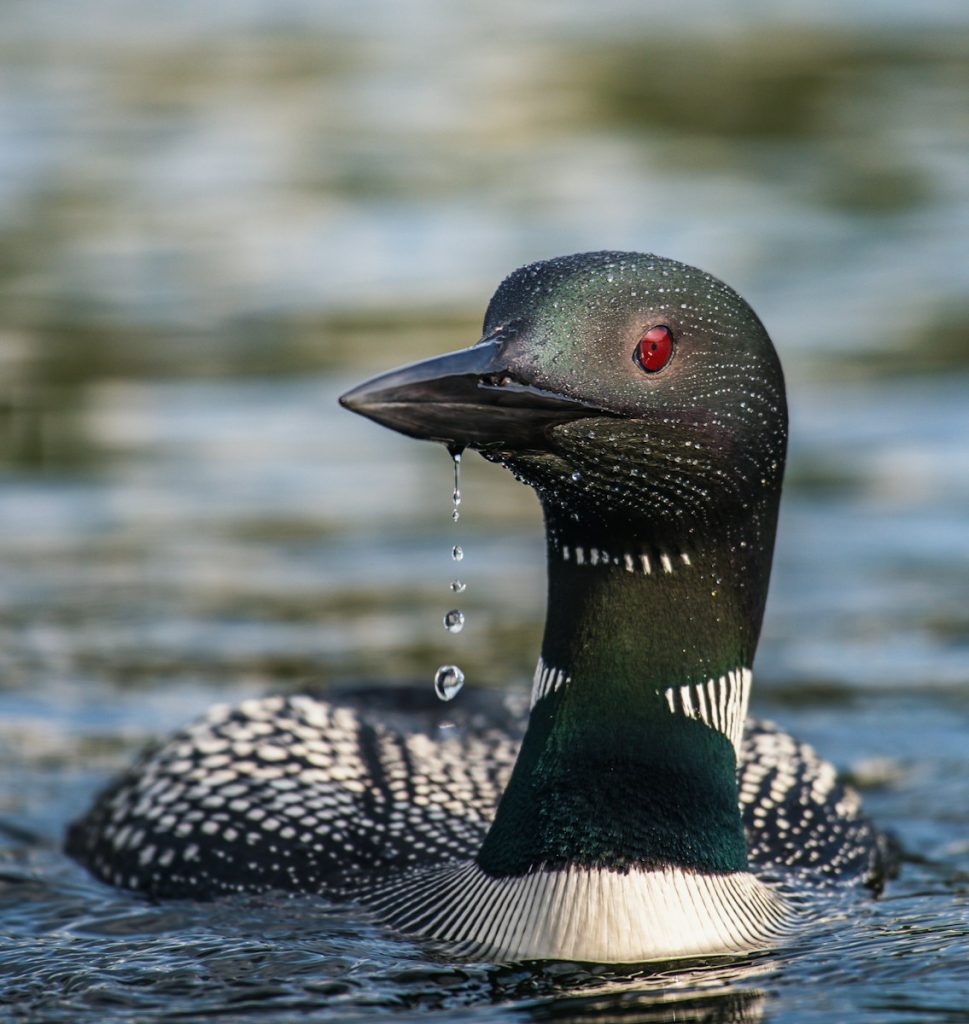Canada
Immerse yourself in a multicultural environment while pursuing a top-quality education, and relish an unparalleled experience in Canada.
EDUCATION SYSTEM

PUBLIC SCHOOLS
Public schools in Canada are funded and administered by provincial and territorial governments. They offer a standardized curriculum and typically provide education from kindergarten through grade 12. Canadian citizens and permanent residents do not pay tuition, while international students are usually required to pay fees. These schools are inclusive, offering a broad spectrum of social and cultural philosophies.
PRIVATE SCHOOLS
Private schools operate independently of provincial and territorial governments and often charge higher tuition fees for both domestic and international students. Many are associated with religious organizations or have particular educational philosophies, such as Montessori or Waldorf. They offer smaller class sizes and specialized programs tailored to specific student needs.
POST-SECONDARY INSTITUTIONS
Canada is home to a variety of post-secondary institutions, including universities, colleges, and vocational schools. Universities generally offer undergraduate and graduate degree programs, while colleges and vocational schools focus on technical and career training, often providing diploma and certificate programs. Many institutions emphasize research and practical experience through internships and cooperative education programs.
CURRICULUM AND STANDARDS
Educational standards and curricula vary across provinces and territories, but all emphasize literacy, numeracy, science, and social studies. French and English are taught across Canada, with students having opportunities to learn both official languages. Some provinces offer specialized programs like French immersion, Indigenous studies, or International Baccalaureate (IB).

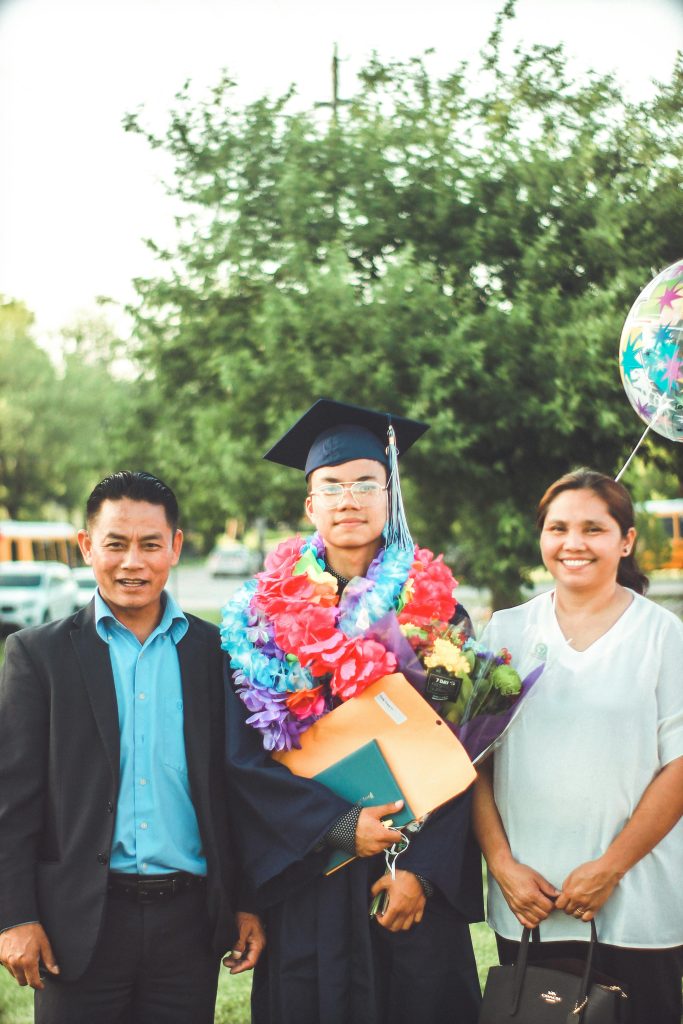
ADDITIONAL SUPPORTS
Canada is home to a variety of post-secondary institutions, including universities, colleges, and vocational schools. Universities generally offer undergraduate and graduate degree programs, while colleges and vocational schools focus on technical and career training, often providing diploma and certificate programs. Many institutions emphasize research and practical experience through internships and cooperative education programs.
“…Discover Canada, a nation of varied landscapes and vibrant cultures, where cosmopolitan cities blend with awe-inspiring natural wonders and exceptional educational opportunities. Embrace a rewarding lifestyle in a country known for its friendly people, safe environment, and globally recognized universities…”
Our Students
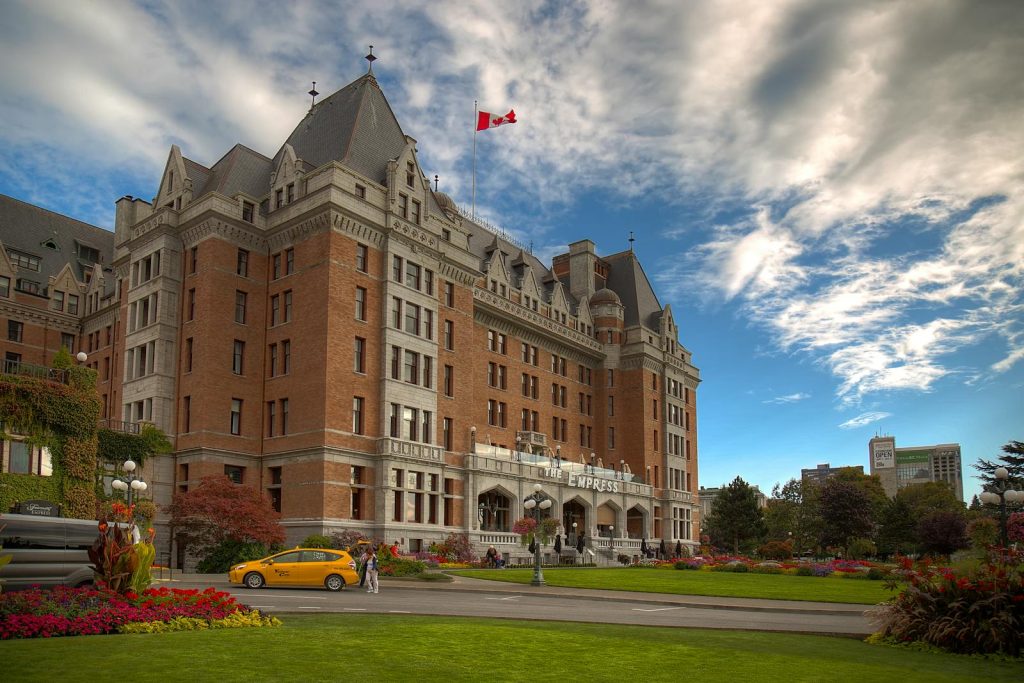



UNIVERSITY EDUCATION
Canada is home to nearly 100 public and private universities, each offering a diverse array of programs. Additionally, many international universities have partnerships with Canadian institutions, allowing students to access global education networks through exchange programs, twinning arrangements, and overseas branch campuses.
Canadian universities are renowned for focusing on three fundamental roles:
- Preserving Knowledge: Canadian universities uphold centuries of research and academic tradition, maintaining a rich repository of information across various disciplines.
- Sharing Knowledge with Others: They prioritize the dissemination of information through world-class teaching, international research collaborations, and community engagement programs.
- Generating New Knowledge: Canadian institutions are leaders in scientific research, technological innovation, and creative fields, contributing significantly to global advancements and frequently collaborating across borders.
With approximately 7,000 agreements globally, Canadian universities are committed to fostering knowledge exchange and providing students with invaluable international exposure.
